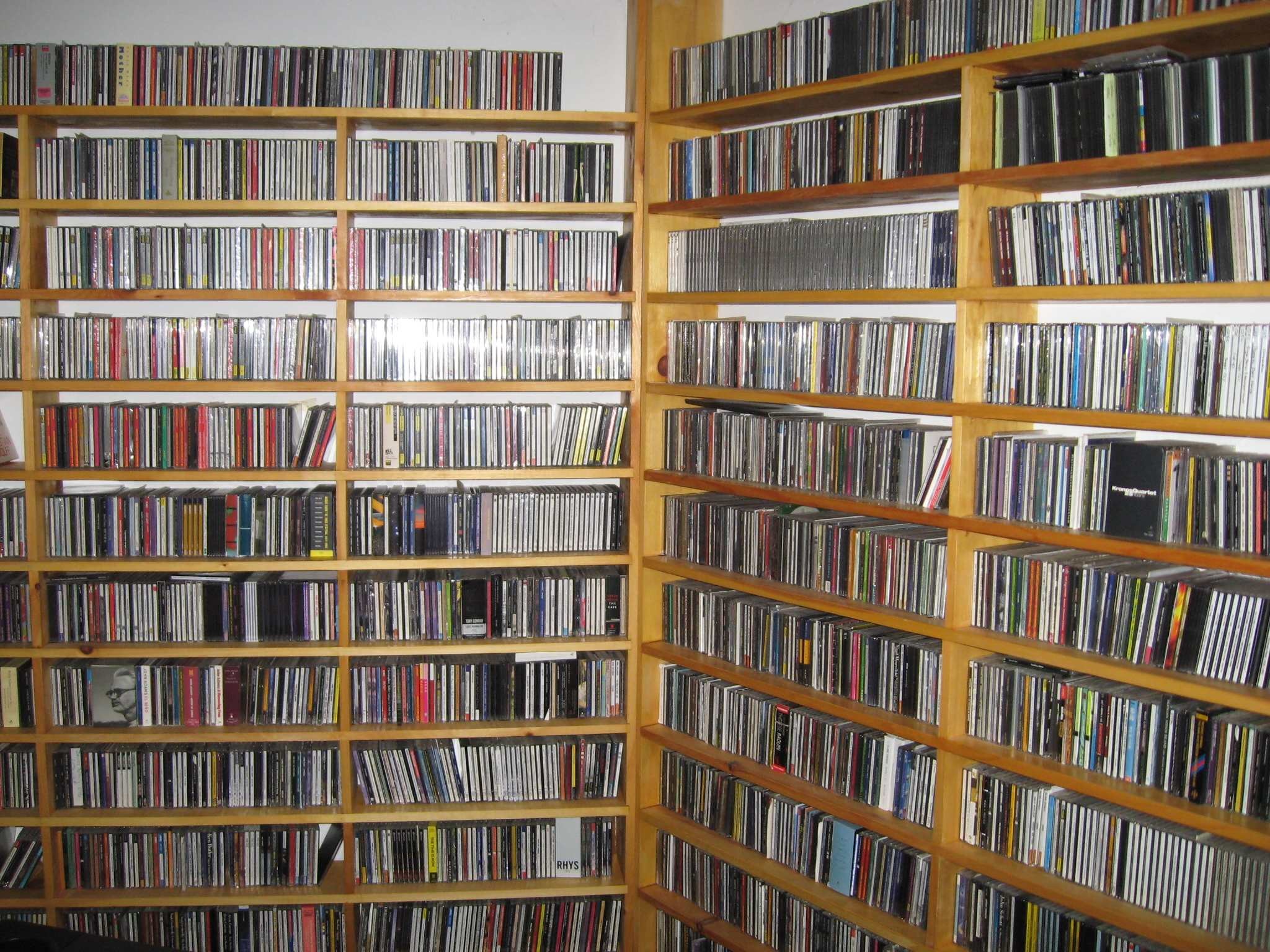I know, only an older person could say this but I will say it any way. Because really lists have always been important to me. Even fifteen, twenty years ago that was the case. A list that would open up new doors, take something newly discovered and add to it. We do live in an increasingly busy world, more fragmented than it once was, and so lists probably have as much a place as ever to serve as signposts to help us find what we're looking for when we don't really know where to look to find it.
With that, I wanted to share this list by Elvis Costello. It's one of the better lists of its kind that I have ever seen. Costello obviously made a career out of his passion and here he shares 500 of his favorite albums. Now that we have Spotify (among my very favorite of the newer technological amenities), all we have to do is plug in one of the 500 titles and see how it rolls over us.
Hope you find a few new gems. I know I have.
http://www.vanityfair.com/culture/2000/11/elvis-costello-500-favorite-albums
Album Reviews # 64 Ultra Vivid Scene - Ultra Vivid Scene
-
Oh the Velvet Underground. What would we have done without them? They were
probably the most influential band of the entire eighties when I began
esta...
2 hours ago




